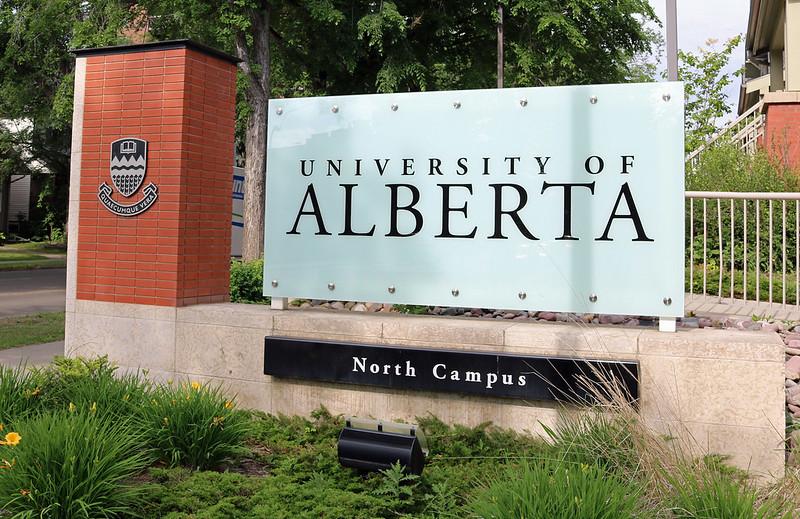The University of Alberta has announced it has returned a $30,000 endowment made in the name of a former Nazi unit veteran who was inadvertently honoured in the House of Commons.
“After careful consideration of the complexities, experiences, and circumstances of those impacted by the situation, we have made the decision to close the endowment and return the funds to the donor. The university recognizes and regrets the unintended harm caused,” the university said in a statement on Sept. 27.





